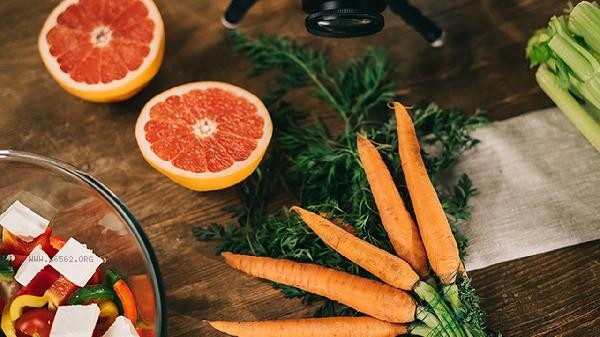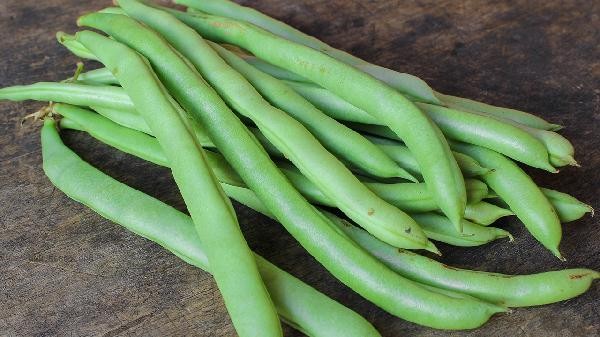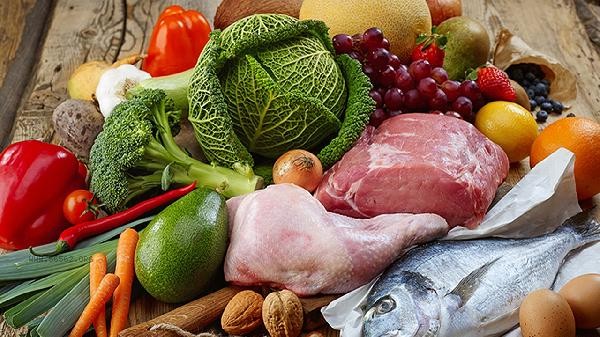Whether vegetables need to be stored in the refrigerator depends on the specific type. Some vegetables are suitable for refrigeration, while others are better stored at room temperature. Vegetables suitable for refrigeration mainly include leafy greens, mushrooms, beans, cauliflower, and fresh beans. Vegetables suitable for room temperature storage mainly include rhizomes, fruits, eggplants, onions, ginger, garlic, and storage resistant vegetables.

1. Vegetables suitable for refrigeration
Green leafy vegetables such as spinach, rapeseed, lettuce, etc. have high moisture content and refrigeration can delay wilting. It is recommended to wrap them in a fresh-keeping bag and store them in the drawer of the refrigerator compartment. Mushrooms such as enoki mushrooms and shiitake mushrooms have strong respiratory function, and refrigeration can inhibit browning. They need to be kept dry to avoid adhesion. Cold storage of beans such as green beans and cowpeas can reduce fibrosis, but they need to be sealed to prevent dehydration. Cold storage of cauliflower such as broccoli and cauliflower can delay the loosening of the flower ball. It is recommended to cover the flower ball with a damp tissue. Fresh beans such as edamame and peas can maintain sweetness when refrigerated, and are better preserved with pods.

2. Vegetables suitable for room temperature
Roots and roots such as potatoes and sweet potatoes are prone to glycation reactions at low temperatures, so they can be stored in a cool and ventilated place. Melons and fruits such as pumpkin and cucumber may suffer from cold damage when refrigerated, so avoid stacking them when stored at room temperature. Cold storage of eggplants such as tomatoes and eggplants can damage their cellular structure, and uncut ones can be placed in a fruit basket. Scallions, ginger, and garlic are more resistant to storage in dry environments and are prone to mold and germination when refrigerated. Durable items such as onions and garlic need to be hung for ventilation, as they are prone to decay in humid environments. Whether stored in refrigeration or at room temperature, vegetables should avoid sealing and accumulating to produce ethylene, which accelerates spoilage. It is recommended to consume leafy vegetables within 3 days. Root and stem vegetables can be stored for a longer period of time, but their germination should be checked regularly. Some vegetables such as carrots and celery can be blanched and frozen to extend their shelf life. No need to clean before storage, surface moisture will accelerate mold growth. Vegetables of different maturity levels are stored separately, and the ethylene released by mature fruits can ripen adjacent vegetables. Regularly organizing the vegetable area of the refrigerator and promptly cleaning up rotten leaves can reduce cross contamination.










Comments (0)
Leave a Comment
No comments yet
Be the first to share your thoughts!